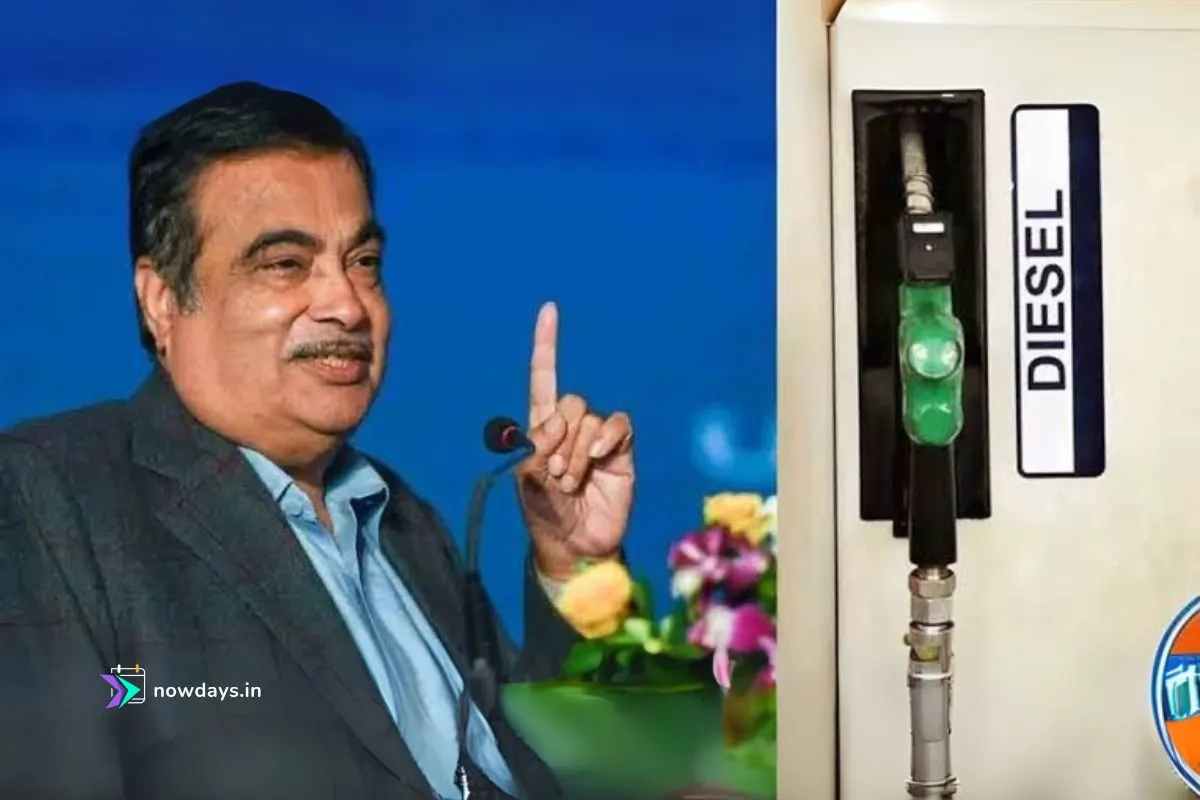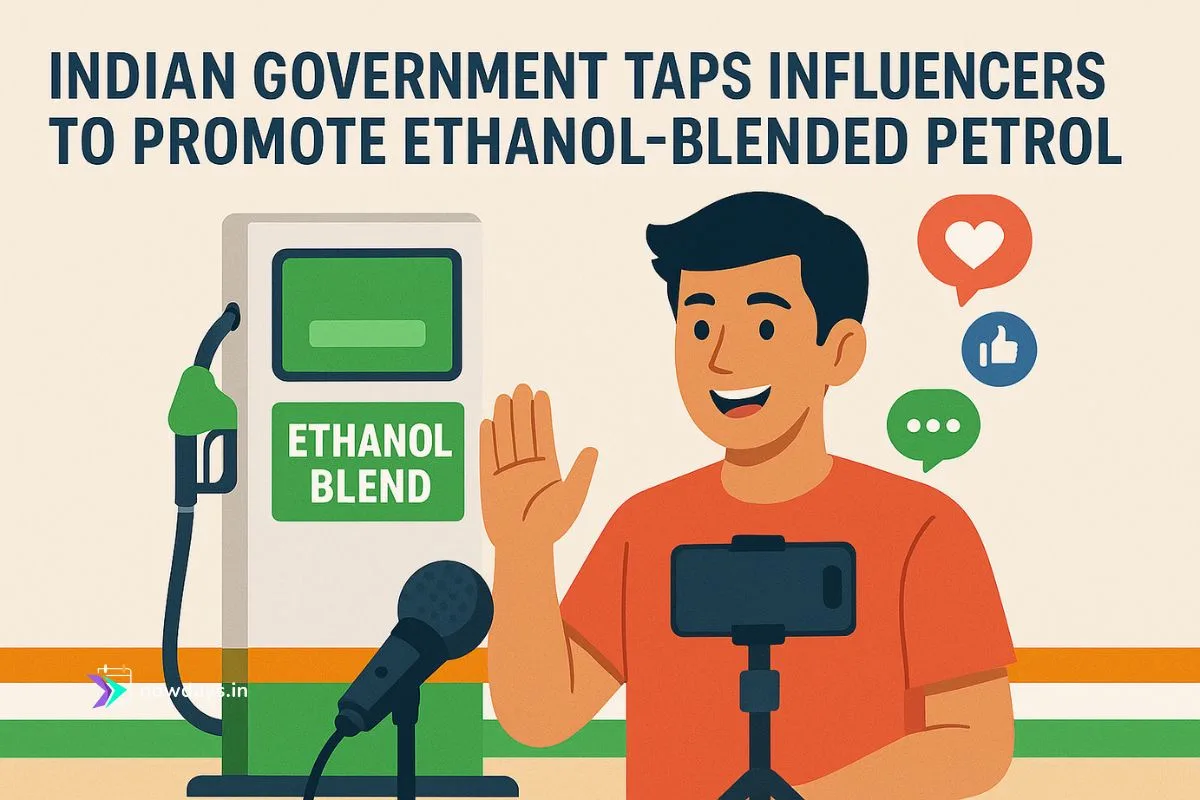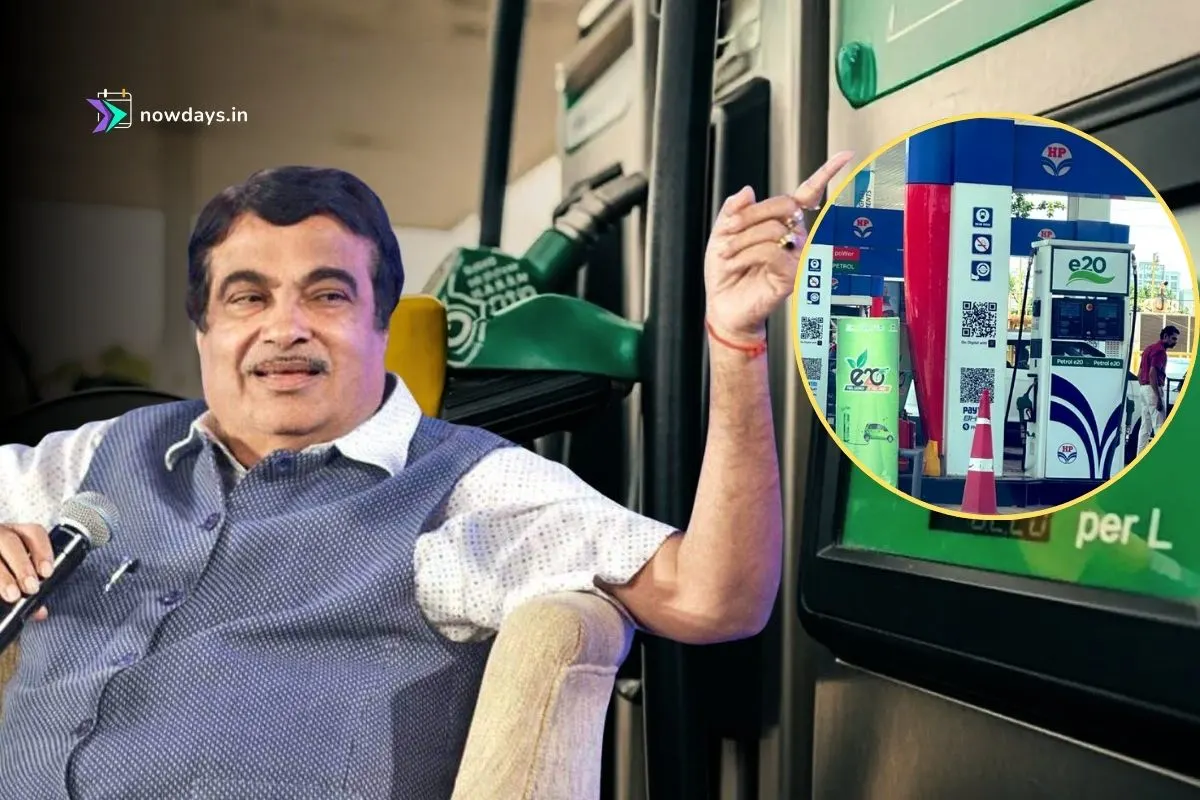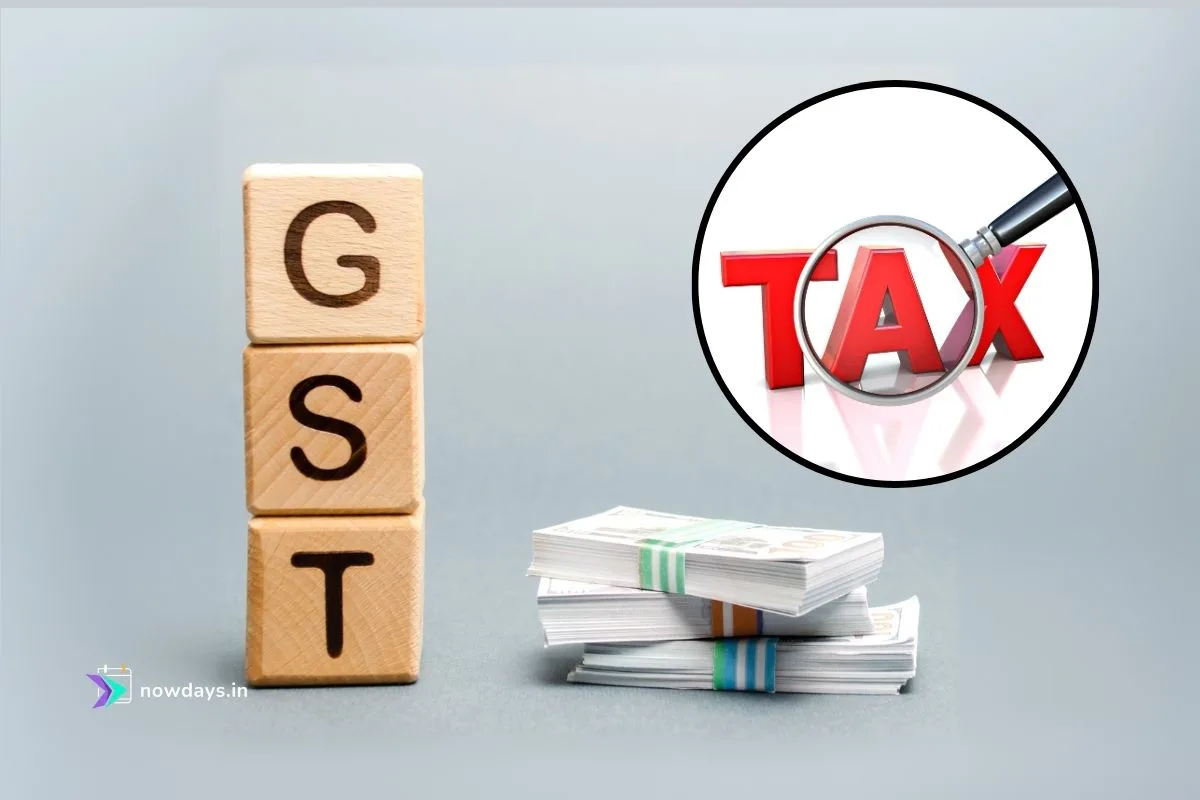Union Minister Nitin Gadkari has announced that the government is actively pursuing a 10% biofuel blend in diesel, leveraging isobutanol as a key component to advance India’s sustainable energy goals. Speaking at an industry event, the road transport and highways minister emphasized this as a natural extension of the successful ethanol-petrol program, aiming to cut fossil fuel dependence and uplift rural economies.
Gadkari’s Vision for Diesel Blending
Gadkari highlighted the potential of isobutanol, derived from agricultural surplus like corn and sugarcane, to mix seamlessly with diesel without major engine modifications. He noted that preliminary research and standards development are underway, with a proposal expected to reach the Prime Minister’s office soon. This initiative builds on India’s ethanol blending success, where 20% targets were met ahead of schedule, saving billions in imports and boosting farmer incomes.
The minister pointed to surplus crops in states like Punjab and Bihar, where excess rice and corn could be redirected to biofuel production, potentially raising prices from Rs 1,800 to Rs 2,800 per quintal. He stressed that diesel, consumed at twice the rate of petrol, represents a massive opportunity for diversification, aligning with the National Policy on Biofuels’ 5% biodiesel target by 2030.
Policy Background and Current Progress
India’s biofuel strategy, updated in 2022, promotes blending to reduce emissions and oil imports. While ethanol in petrol has reached 15% nationwide, biodiesel blending lags at under 1%, hampered by feedstock shortages like used cooking oil and non-edible oils. The government has introduced incentives, including GST reductions to 5% on biodiesel and schemes for repurposed cooking oil collection.
🚨 Working on 10% biofuel blending with diesel: Nitin Gadkari. pic.twitter.com/lRaUgP8XeL
— Indian Tech & Infra (@IndianTechGuide) August 16, 2025
Recent efforts include Asia’s first second-generation ethanol refinery in Haryana and 40 compressed biogas plants. A NITI Aayog roadmap estimates needing 1016 crore liters of ethanol by 2025-26 for 20% petrol blending, with similar ambitions for diesel.
Expert Opinions: Feasibility and Challenges
Analysts largely endorse the move but caution on hurdles. Energy experts from TERI note that isobutanol’s higher energy density and lower corrosiveness make it superior to ethanol for diesel, potentially achieving 10% blends without efficiency losses. “This could save Rs 30,000 crore annually in imports while cutting CO2 by millions of tons,” said one researcher in a policy brief.
However, supply chain issues persist. A USDA report forecasts biodiesel production at 574 million liters in 2025, far short of needs, due to fragmented collection and high costs. Automotive specialists warn that older vehicles may require adaptations, similar to E20 petrol concerns, potentially raising consumer costs.
In YouTube analyses, like those from auto channels, experts discuss pilot tests showing no major failures in BS-VI buses, but scalability remains key. “Government must subsidize feedstock and R&D to make it viable,” argued a commentator, echoing calls for integrated supply chains.
Analyzing the Impact: Opportunities and Risks
This push could transform India’s energy landscape, reducing the $100 billion oil import bill and creating rural jobs through biofuel value chains. Environmentally, it aligns with net-zero goals, with biofuels cutting GHG emissions by up to 65% per some studies.
Economically, farmers stand to gain from higher crop prices, as seen with corn post-ethanol surge. Yet, risks include food security if edible oils are diverted, and potential price hikes if blending increases diesel costs without subsidies.
For consumers, experts predict minimal mileage impact if blends stay under 10%, but vigilance on fuel quality is essential. Overall, Gadkari’s announcement signals a bold step toward self-reliance, but success hinges on execution and stakeholder collaboration. As trials progress, this could set a global model for biofuel integration in heavy transport.










